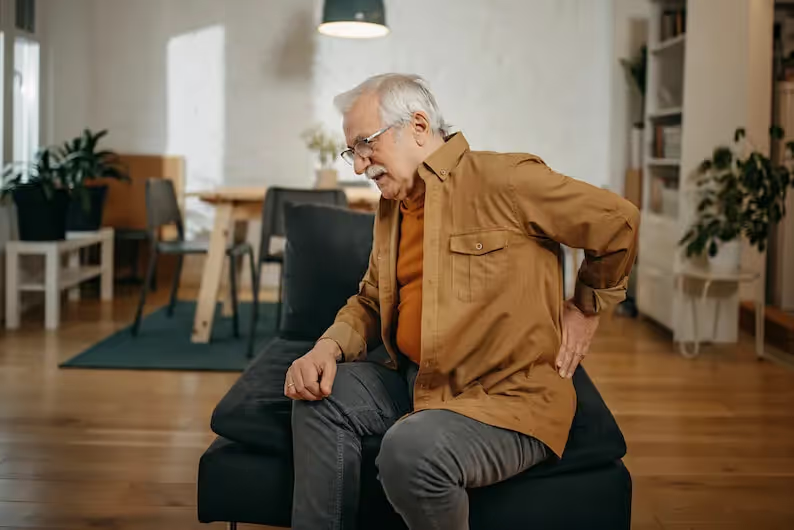Memorial Day marks the beginning of summer, bringing warmer weather, outdoor fun, and special time with family and friends. But it's important to remember some sun safety tips when heading outdoors to embrace the season responsibly. While sunshine can lift our spirits and provide essential vitamin D, it also brings risks, particularly for older adults. As we age, our skin becomes more sensitive to sunlight, and underlying health conditions can exacerbate the effects of heat and UV exposure. Therefore, knowing how to stay safe in the sun is paramount. Here are some invaluable sun safety tips for older adults to ensure a safe and enjoyable time outdoors.
Timing Is Key
Avoid direct sun exposure during peak hours, typically between 10:00 a.m. and 4:00 p.m. If outdoor activities are a must during these hours, seek shade whenever possible. Encourage outdoor activities in the early morning or late afternoon when the sun's intensity is reduced.
Dress for Protection
Wearing appropriate clothing can significantly reduce sun exposure. Opt for loose-fitting, lightweight clothing that covers your arms and legs. Darker colors tend to absorb more UV radiation than lighter ones. Additionally, consider wearing a wide-brimmed hat and UV-blocking sunglasses to shield the face and eyes. You should also wear sunglasses to help protect your eyes.
Apply Sunscreen Liberally
Sunscreen is your best defense against harmful UV rays. Choose a broad-spectrum sunscreen with sun protection factor (SPF) 30 or higher to prevent sunburn. Choose a sunscreen that contains zinc oxide. It blocks the sun's UV rays and has some water resistance. Apply it generously to all exposed skin at least 30 minutes before going outdoors. Don't forget easily overlooked areas like the ears, neck, and tops of feet. Reapply sunscreen every two hours or more frequently if swimming or sweating.
Hydration Is Vital
Dehydration is a significant concern, especially in hot weather. Seniors are more susceptible to heat-related illnesses due to decreased thirst sensation and reduced kidney function. Remember to drink plenty of fluids throughout the day, even if you don't feel thirsty. Water is best, but fruit juices and electrolyte-rich beverages can also help replenish lost fluids. Avoid caffeine and alcohol, which lead to dehydration. If you find it difficult to hydrate properly, set a timer to remind you throughout the day to drink up.
Plan Indoor Activities
On scorching days, it's wise to plan indoor activities to avoid excessive heat exposure. Consider visiting air-conditioned places like shopping malls, libraries, or community centers. This helps seniors stay cool and socialize, keeping their minds active.
Be Mindful of Medications
Certain medications, including some antibiotics, antihistamines, and diuretics, can increase sensitivity to sunlight. Talk to your healthcare provider or pharmacist to find out if any medications you take could increase your risk of sunburn or heat-related issues. Take extra precautions if you're on such medications.
Check the UV Index
Before heading outdoors, check the UV index for your area. The UV index indicates the strength of UV radiation and helps you gauge the level of sun protection needed. Plan outdoor activities accordingly, aiming to minimize exposure during peak UV hours. The CDC recommends that if the UV index is three or higher in your area, you protect your skin from exposure to the sun.
Listen to Your Body
Seniors must listen to their bodies and recognize signs of heat-related illnesses, such as heat exhaustion or heatstroke. Symptoms may include dizziness, nausea, rapid heartbeat, and confusion. If you or someone you're with experiences these symptoms, seek shade immediately, drink water, and if necessary, seek medical attention promptly.
Be Safe in the Sun with Sun Safety Tips
With proper precautions, you can enjoy the sun safely. Older adults can enjoy the sun safely by following these tips to reduce the risks of too much heat and UV exposure. Prepare and be aware to have a safe and fun time outdoors, no matter your age. Stay safe, stay protected, and savor the joys of summertime!




